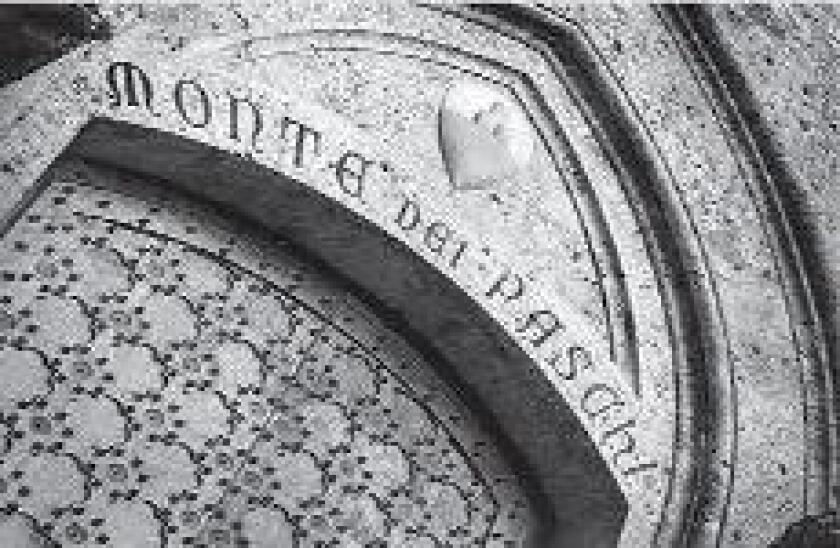Italy’s long-imperilled lender is certainly an exceptional case. It is often touted as one of the worst capitalised banks in Europe, with a mountain of bad loans, longstanding governance problems, a heavy reliance on retail purchases of its capital instruments and a controversial history of financial engineering.
So it seems fitting that MPS is heading towards a precautionary recapitalisation by the state, which the European Central Bank deems as an “exceptional measure”, after the Italian lender failed to raise €5bn from private investors.
But it is difficult to see how one case will not lead to others, and how an “exceptional” measure will avoid becoming a little more ordinary.
There are, of course, certain strict criteria banks must meet to be eligible for a precautionary recapitalisation under the bank recovery and resolution directive (BRRD): the bank must be solvent; it must have to address a capital shortfall under the adverse scenario of a stress test; and the whole process must be deemed necessary “to remedy a serious disturbance in the economy of a member state and preserve financial stability”.
MPS appears to be a suitable case in this respect, and Italy should be hopeful the European Commission will approve the recapitalisation process as compatible with the Union’s state aid rules.
Failing banks in other countries might have more difficulty pressing for a precautionary recapitalisation, especially where the financial backdrop is strong, and where large numbers of other institutions have made strong progress toward fulfilling the requirements laid out by post-crisis financial regulations.
But, at least at first glance, precautionary recapitalisation looks as though it could become a realistic option for other struggling banks.
The incentive to push for use of the measure is certainly there. It's a hugely helpful escape clause for banks otherwise hurtling towards a more painful resolution scenario, not least because MPS’s proposed recapitalisation looks far more like a bail-out than a bail-in.
While MPS’s subordinated bondholders will not be allowed to escape burden-sharing, the Italian government will be putting up the majority of the ECB’s requested €8.8bn.
Indeed, the Bank of Italy estimated the precautionary capital injection would cost the state a total of €6.6bn — including €4.6bn to make sure MPS can meet an 8% common equity tier one ratio and an 11.5% total capital ratio under Europe’s adverse stress test scenario, and €2bn to compensate retail bondholders.
Other troubled banks may also in future be able to argue they meet the necessary criteria for a bail-out of this kind, dodging decisions that they are insolvent and must be placed in resolution.
Decisions always start to become much more subjective when talk turns to financial stability, serious economic disturbances and competitive advantages.
Precautionary recapitalisation depends on a poor result in a stress test. While MPS was the outlier in last year’s European test, it was by no means the only solvent bank that underperformed.
Even big, systemically important banks such as Société Générale, Commerzbank, Barclays and UniCredit suffered under the adverse scenario, and a deterioration in financial market conditions could force weaker results from both large and small banks this year.
While none look to be in the same miserable state as Monte dei Paschi, Europe is not short on weak banks, nor is it inconceivable that others will trip up over future stress tests. Thanks to the messy handling of Monte and the state's stepping in, bail-out is now back on the table.

